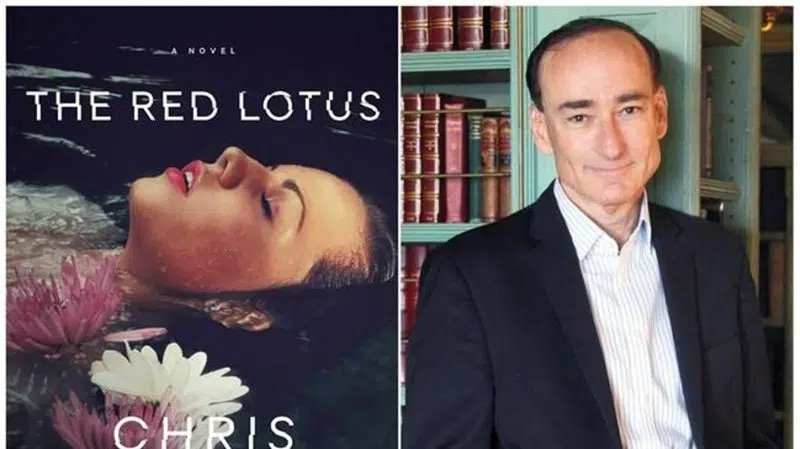
Plague as art: Over the centuries, many kinds of stories
NEW YORK — Lauren Beukes, a script and fiction writer, is drawn to narratives that allow her to probe themes of gender and power. For her upcoming novel, “Afterland,” she imagined a plot twist in which a disease wipes out virtually the entire male population.
“I wanted to explore what a world without men would look like and how it wouldn’t necessarily be a better place with everyone making friendship bracelets and growing communal gardens and walking at night,” says Beukes, who began her book years before the current coronavirus pandemic.
Lawrence Wright, the Pulitzer Prize-winning author and journalist, says his new novel was inspired by a question the filmmaker Ridley Scott asked him years ago after reading Cormac McCarthy’s dystopian “The Road”: How could social order break down so completely when we’re struck by sudden disaster? His upcoming thriller “The End of October” describes, uncannily, a global pandemic originating in Asia. He had meant his new book as a cautionary tale.
“Our society has grown blind about dealing with natural hazards because we were so worried about terrorism. Hurricane Harvey caused far more damage than a terrorist attack,” says Wright, known for his nonfiction book “The Looming Tower: Al-Qaeda and the Road to 9-11.”


